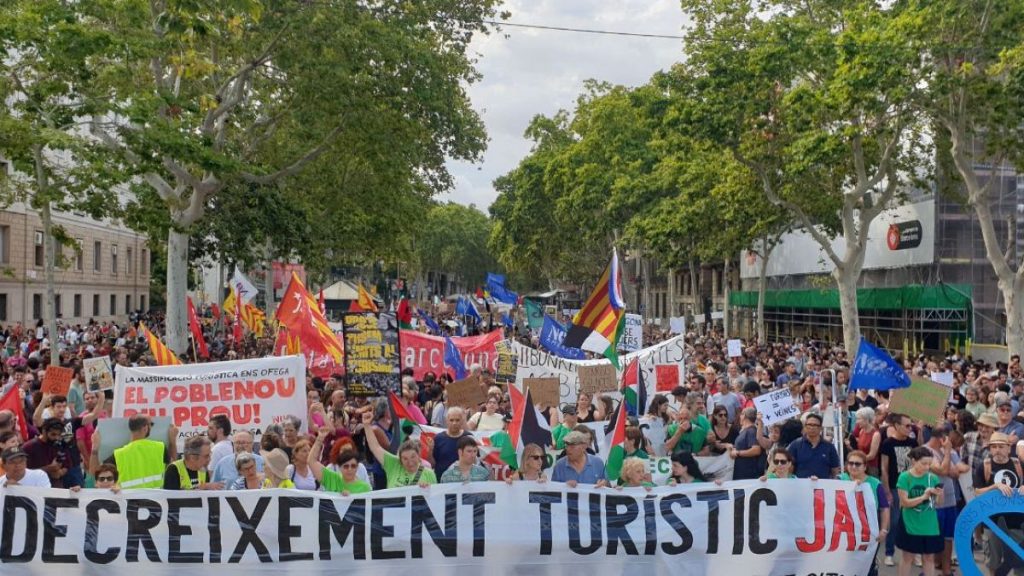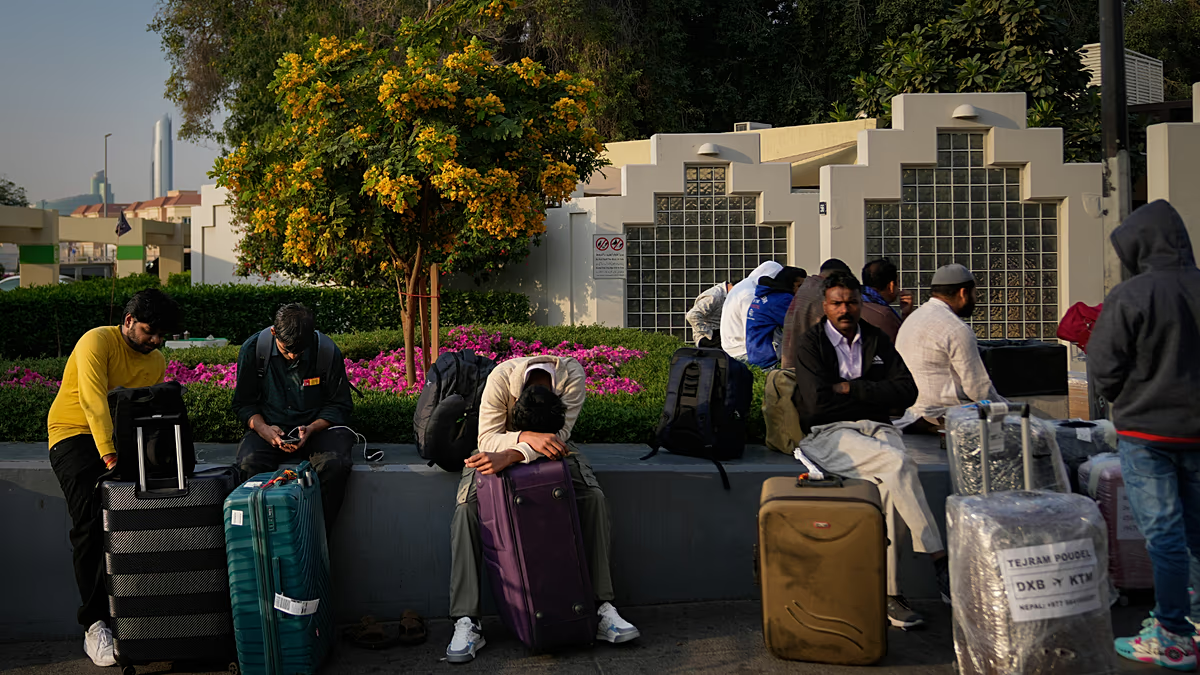The Reckoning of Overtourism: A Look at 2024 and Beyond in Europe’s Tourist Hotspots
The year 2024 witnessed a surge in anti-tourism protests across Europe’s popular destinations. From Amsterdam to Athens, Venice to Barcelona, and the Canary Islands to Málaga, residents took to the streets to voice their concerns about the overwhelming influx of tourists. These protests, marked by marches, campaigns, slogans, and even water pistols, signaled a growing resentment towards the disruptive impact of mass tourism on local communities. The core issues revolved around overcrowding, noise pollution, and most significantly, the exacerbation of housing crises due to the proliferation of tourist accommodations. The year became a turning point, forcing authorities to acknowledge the burgeoning problem and consider implementing various measures to mitigate the negative effects of overtourism.
European authorities responded to the rising tide of discontent with a range of measures aimed at curbing the excesses of tourism. Barcelona announced a bold plan to eliminate all Airbnb-style accommodations by 2028, taking the first step with stricter limits on short-term rentals. Venice implemented restrictions on tour groups and banned megaphones, aiming to reduce noise pollution and manage visitor flow. Málaga prohibited new holiday flats in numerous city neighborhoods, while the Canary Islands introduced regulations to prioritize residential housing over tourist accommodations. Amsterdam adopted a different approach, launching a "Stay Away" campaign and an interactive quiz to educate visitors about respectful behavior. These diverse responses reflect the complex and multifaceted nature of the overtourism challenge, with each city tailoring its approach to its specific context.
Despite these measures, the underlying tension between the tourism industry and local communities persists. Spain, a focal point of anti-tourism protests, experienced record-breaking visitor numbers in 2024, with further growth projected. This stark reality raises questions about the effectiveness of current measures and the long road ahead in addressing residents’ concerns. Protest groups like the Assemblea de Barris pel Decreixement Turístic (ABDT) in Barcelona argue that authorities are not genuinely committed to reducing the negative impacts of tourism, instead focusing on managing dissent while simultaneously promoting tourism growth. They advocate for a decrease in tourism, citing its contribution to climatic, social, and environmental issues, along with the housing crisis. This fundamental disagreement emphasizes the deep divide between those who prioritize economic benefits and those who bear the brunt of tourism’s downsides.
Looking ahead to 2025, the trajectory of overtourism in Europe remains uncertain. The ABDT in Barcelona expresses skepticism about the city council’s commitment to banning tourist apartments, emphasizing the need for a comprehensive reduction in all types of tourist accommodation, including hotels. In the Canary Islands, activist groups like the Tenerife Association of Friends of Nature (ATAN) plan further demonstrations, driven by their belief that authorities are prioritizing development projects that exacerbate environmental degradation and socioeconomic inequalities. This continued activism suggests that the battle over tourism’s impact is far from over.
In Amsterdam, city councillor Sofyan Mbarki highlights the numerous measures already implemented to tackle overtourism, including regulations on vacation rentals, relocation of cruise ships, and a ban on coaches in the city center. While acknowledging the positive effects of these measures, Mbarki emphasizes the ongoing need for further action to manage the growing influx of visitors and minimize disturbances to residents. The city’s approach focuses on balancing the economic benefits of tourism with the preservation of quality of life for locals. This balancing act remains a central challenge for many European destinations grappling with overtourism.
The contrasting perspectives of authorities, residents, and activists highlight the complex dynamics surrounding overtourism. While authorities seek to manage the flow of tourists and mitigate negative impacts, residents and activist groups often demand more drastic measures, including reducing overall tourist numbers. The coming year will likely see continued tension and negotiation between these different stakeholders, as they grapple with the challenge of finding a sustainable and equitable balance between the economic benefits of tourism and the preservation of the social fabric and environmental health of Europe’s beloved destinations. The conversation extends beyond simple crowd control and addresses fundamental questions about the nature and purpose of tourism in the 21st century.











